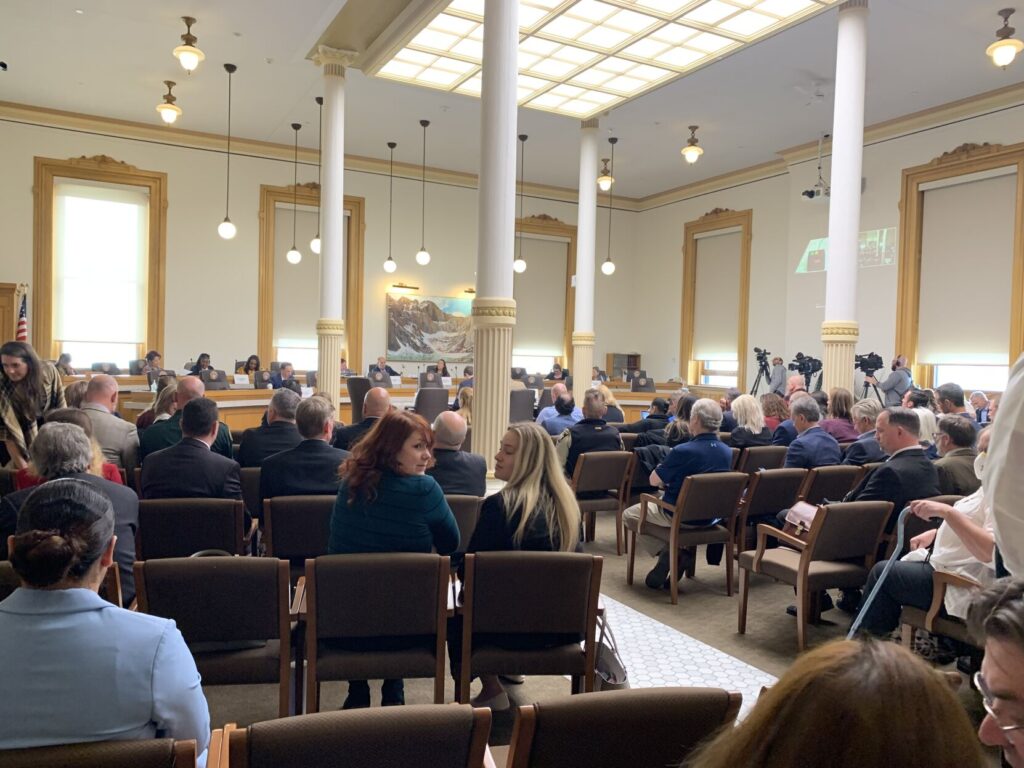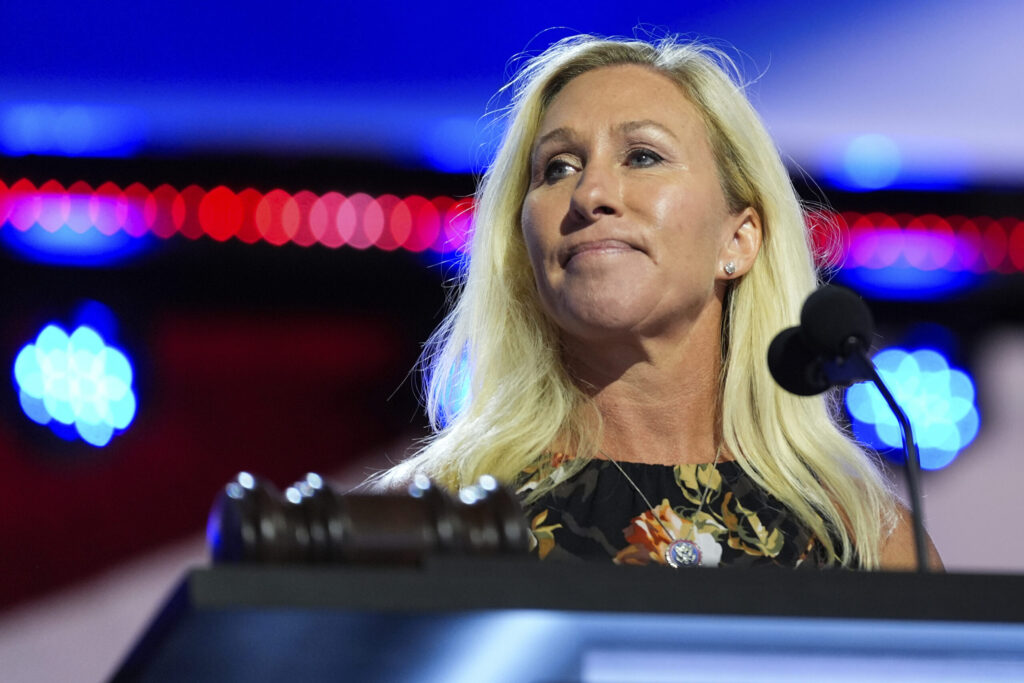Colorado moves to protect Native American students’ right to wear traditional regalia

Native American students in Colorado may soon be guaranteed the right to wear their traditional regalia to graduation ceremonies – thanks to a new bill passed by the state legislature.
If signed into law, Senate Bill 202 will require preschools, K-12 schools, public colleges and universities to allow Native American students to wear and display traditional Native American regalia at a graduation ceremony.
The bill is now headed to Gov. Jared Polis for final consideration after clearing its final legislative vote on Thursday.
“Traditional regalia holds cultural and spiritual significance for Indigenous people when they celebrate important moments in life,” said bill sponsor Sen. Sonya Jaquez Lewis, D-Longmont. “Traditional regalia tells the story of the family that they come from, their history, their culture, and identifies each person as an individual.”
During graduation ceremonies, Native American students often honor their heritage by adding beading or eagle feathers to their graduation caps, or donning special earrings, headbands, belts or moccasins in addition to their cap and gowns.
Currently, students often must seek approval from their schools to wear these items, with some schools denying them as violating the dress code.
Isabella Snowbird said she graduated from a high school in Colorado Springs School District 11 last year. She tied an eagle feather to her tassel to recognize her Comanche Tribe, but Snowbird’s mother had to appeal to the school administrators to get permission. Snowbird said some of her peers didn’t wear their own regalia because of the discomfort of asking for approval to recognize their culture.
“We should not have to choose between being able to represent who we are as tribal members and following narrow, discriminatory protocols,” Snowbird said while testifying in support of SB 202. “We are only asking for protections of our customs.”
The Senate approved SB 202 anew in a 26-9 vote on Thursday, after it was amended by the House. The House approved the bill unanimously on Wednesday.
Though the bill had broad bipartisan support, only Republican senators voted against it. Opponents of the bill said it is not the state’s place to regulate school dress code policies.
“It should not be something that we as a legislature tell the school districts thou shalt do,” said Sen. Mark Baisley, R-Woodland Park, who opposed the bill. “We ought to simply appeal directly to our school districts: K-12 superintendents and school boards, please don’t make these students feel like they are not accepted in their culture. Accommodate them.”
In the House, Republicans joined Democrats in unanimous support of the bill, with Rep. Matt Soper, R-Delta, saying it is “hard to believe” any school would choose to “deny someone’s cultural identity on one of the most important days of their life.”
In recent years, schools in Utah, Kansas, Oklahoma, Texas, Illinois and other states have attracted controversy for prohibiting Native American students from wearing traditional regalia at graduation ceremonies, the Associated Press reported.
If SB 202 becomes law, Colorado will join 10 other states in prohibiting schools from banning Native American regalia, according to the Native American Rights Fund.
“No one would think of prohibiting a child raised as a Catholic or Protestant from wearing a symbol of the Christian faith during such a ceremony,” said Melvin J. Baker, chairman of the Southern Ute Indian Tribe, while testifying in support of SB 202. “Native American children have long been mistreated and disadvantaged in educational settings.”
The bill will be sent to Polis in the coming days for final consideration. If signed, it will go into effect immediately.















